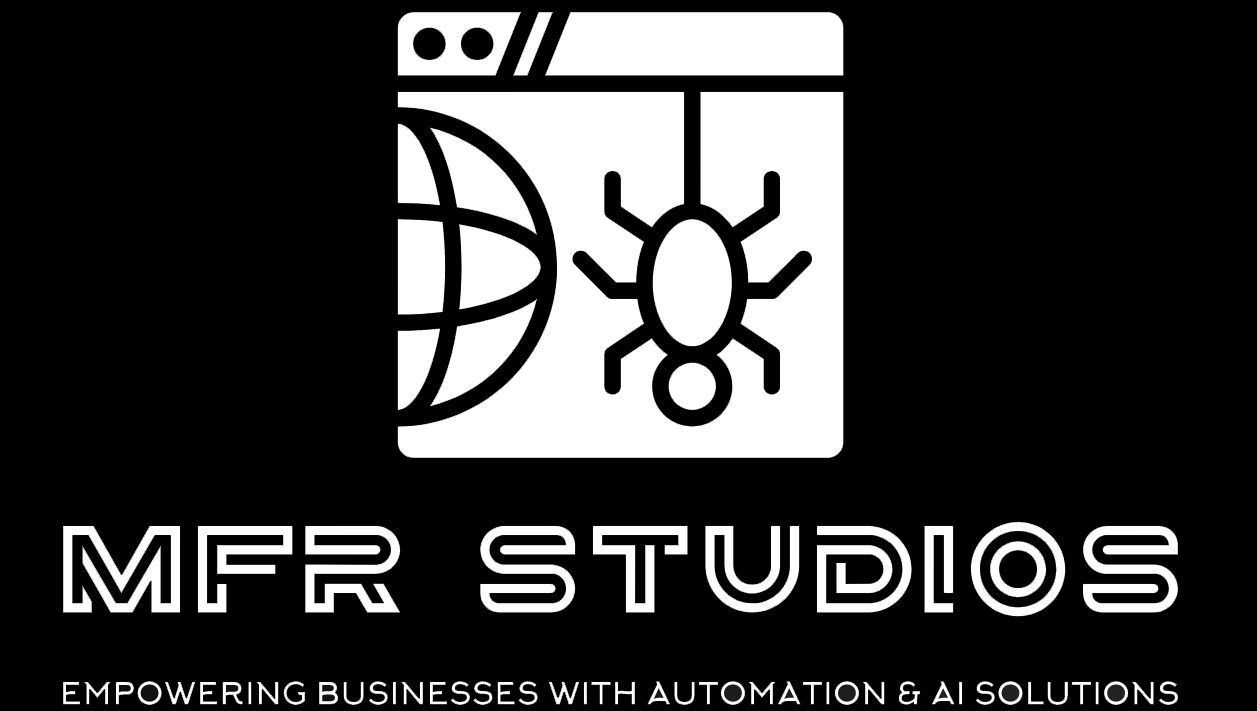Frequently Asked Questions
Most frequent asked questions and answers

Web scraping involves extracting data from websites. It can benefit your business by providing valuable information for market research, competitive analysis, lead generation, and more.
Every project we undertake involves the collection of publicly available data or the automation of manual tasks, both of which are entirely within legal boundaries.
There might be instances where a specific website explicitly prohibits data replication or copying in their terms and conditions. In such cases, we proactively contact the website on your behalf to ensure that our actions align with legal guidelines. If a website’s terms and conditions restrict automation, our experts manage the tasks manually to eliminate any automated actions on the website.
We hold great respect for the terms and conditions of each platform and emphasize responsible usage of our scraping solutions to ensure that our customers adhere to the respective website policies.
We work closely with you to understand your data requirements. You can provide specific guidelines, target websites, or data sources, and we’ll tailor the scraping process accordingly.
Any kind of data available on websites can be scraped, including text, images, pricing information, reviews, comments, and more.
Project timelines vary based on complexity and data requirements. We aim to initiate most projects within a few days to a few weeks.
Yes, we have advanced solutions to handle scraping from websites with CAPTCHA or password protection. We have custom solutions to bypass CAPTCHAS, CloudFlare, etc
A chatbot is an AI-powered conversational agent that can interact with users in a chat-like interface. Chatbots benefit businesses by providing 24/7 customer support, automating tasks, improving user engagement, and increasing operational efficiency.
Chatbots have versatile applications across industries, including healthcare, e-commerce, real estate, finance, education, hospitality, and more.
The chatbot development process involves defining objectives, designing conversational flows, developing the chatbot using programming languages and tools, testing, and deploying it to the chosen messaging platforms.
Common programming languages for chatbot development include Python, Node.js, and Ruby. Technologies like natural language processing (NLP) and machine learning are often employed.
Yes, chatbots can be customized to reflect your brand’s personality and style. You can also choose how they look and interact with users.
Yes, chatbots can be integrated with your CRM, databases, and other business systems, enabling seamless data exchange and process automation.
Chatbots can be designed to follow strict privacy and data security regulations. Data handling and security measures are crucial aspects of chatbot development.
The cost of chatbot development varies based on complexity, features, and integration requirements. We offer personalized quotes after understanding your specific needs and objectives.


